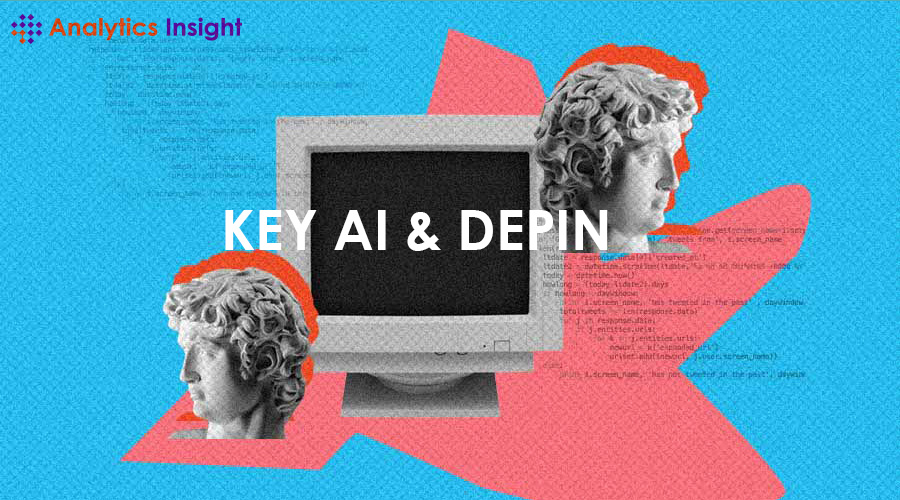Top AI and Decentralized Infrastructure Projects for 2024

Artificial Intelligence (AI) and Decentralized Physical Infrastructure Networks (DePIN) are revolutionizing the technological landscape. DePIN projects, which combine blockchain with physical infrastructure, are set to transform resource management and information processing in 2024. Here’s a look at the top AI & DePIN projects to watch this year:
DePIN projects integrate digital blockchain capabilities with physical infrastructures like data storage and power grids. They aim to disrupt sectors traditionally controlled by central authorities. Notable projects include:
-
Filecoin (FIL): A decentralized storage network where users can rent out space for filecoin tokens. With over 1.7 billion EiB of data stored, Filecoin has introduced smart contracts through the Filecoin Virtual Machine (FVM).
-
Helium (HNT): A decentralized wireless network for IoT devices, using a Proof of Coverage consensus algorithm. It incentivizes network coverage through HNT tokens.
-
Akash Network (AKT): An open-source cloud computing platform connecting server owners with users needing cloud resources, operating on the Tendermint blockchain.
-
NEAR Protocol: A community-powered cloud platform with high transaction speeds, simplifying developer experiences with intuitive features.
-
Arweave (AR): Known as ‘the permaweb,’ Arweave offers indefinite data storage through its blockweave technology.
-
Theta Network (THETA): A blockchain-based video streaming network where users earn tokens by sharing bandwidth and compute resources.
-
Render Network (RNDR): A decentralized GPU network for 3D rendering, connecting node operators with artists and developers.
-
Node AI (GPU): Provides access to GPU and AI technologies, allowing users to participate in the AI ecosystem.
-
Streamr (DATA): A decentralized data exchange for real-time data transactions, incentivizing data providers and consumers.
-
Bittensor (TAO): Combines blockchain with machine learning, incentivizing nodes for AI calculations and governance.
DePIN projects enhance security, scalability, and efficiency by connecting physical assets with blockchain technology. This integration forms a robust ecosystem with three layers: physical infrastructure, middleware, and the blockchain itself.
The future of DePIN looks bright, with a growing market size and potential applications in various sectors. Investments in DePIN projects like Helium are considered promising for 2024. However, it’s crucial to conduct thorough research before investing in any cryptocurrency project.
Related News





